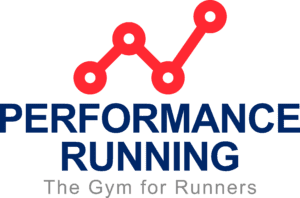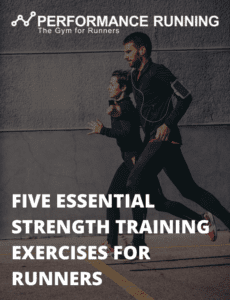
By Karin St. Aubin, NASM Certified Personal Trainer, NASM Certified Nutrition Coach, Ultramarathoner
As a fitness trainer for endurance runners, I have seen firsthand the incredible dedication and discipline that goes into training for a race. But with the intense focus on performance and body composition, some runners may develop an unhealthy relationship with food and body image. In this blog post, we’ll explore the topic of eating disorders and how they can impact runners.
First, let’s define what an eating disorder is. According to the National Eating Disorders Association (NEDA), an eating disorder is a serious mental illness characterized by disordered eating behaviors that negatively impact an individual’s physical and mental health. These behaviors can include restrictive eating, binge eating, and purging.
Research shows that athletes, especially those in sports that emphasize a lean body type like distance running, may be at a higher risk for developing eating disorders. In fact, a study published in the International Journal of Sport Nutrition and Exercise Metabolism found that up to 19% of female distance runners may have an eating disorder.
So, what are some warning signs that you or someone you know may be struggling with disordered eating? The NEDA lists the following as potential red flags:
- Obsessive calorie counting or strict dieting
- Skipping meals or avoiding certain food groups
- Extreme weight loss or fluctuations in weight
- Preoccupation with food, weight, and body shape
- Negative body image or distorted body perception
- Withdrawing from social activities or relationships due to food or exercise routines
It’s important to note that not everyone who exhibits these behaviors has an eating disorder, but they can be indications of a problem that should be addressed. If you or someone you know is experiencing any of these symptoms, seeking professional help from a therapist or registered dietitian who specializes in eating disorders can be beneficial.
So, how can runners work towards a healthy relationship with food and their bodies? Here are some tips:
- Prioritize balanced, nutrient-dense meals that fuel your body for training and recovery.
- Avoid restrictive diets or cutting out entire food groups, as this can lead to nutrient deficiencies and trigger disordered eating behaviors.
- Focus on performance goals rather than solely on weight or body composition.
- Practice self-compassion and avoid negative self-talk about your body or food choices.
- Surround yourself with supportive friends and family who prioritize health and wellness over appearance.
Remember, running should be a source of joy and fulfillment, not a means to punish or control your body. By taking care of your mental and physical health, you can become a stronger, more resilient athlete.
For more information and resources on eating disorders and their impact on athletes, check out the NEDA website or the book “The Athlete’s Guide to Recovery” by Sage Rountree.
Photo by Саша Лазарев, obtained via pexels.com




Recent Comments